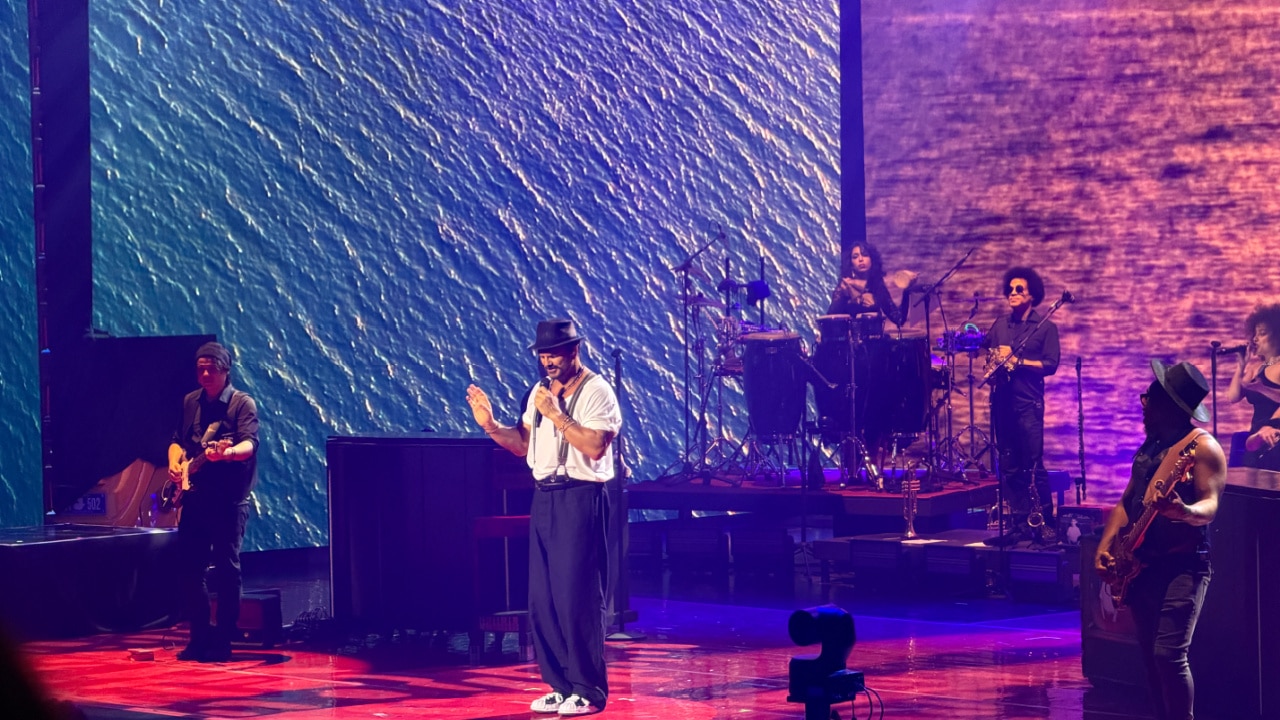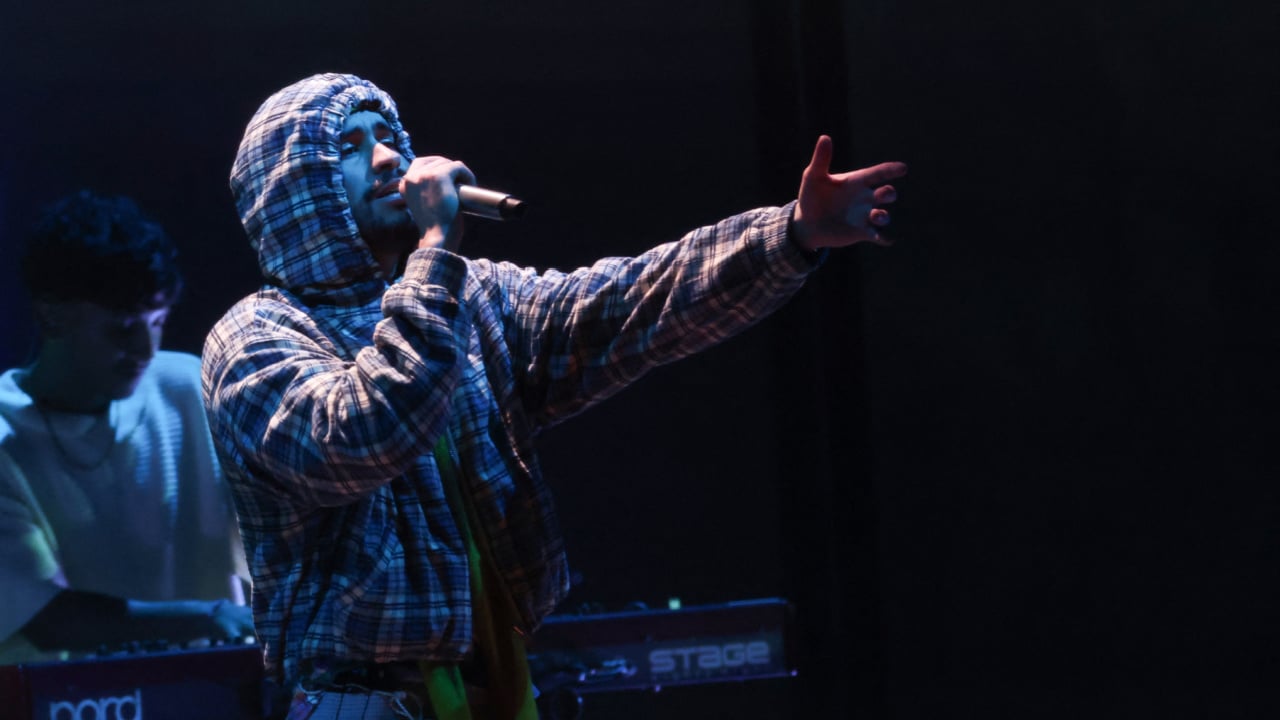This Just In: Guillermo del Toro’s ‘Pinocchio’ Movie Releases Its First Trailer
There are a lot of Pinocchio movies. Like, a lot.
Roberto Benigni has starred in two completely different adaptations of the story, once as the titular character and once as Geppetto. There are four different Pinocchio movies coming out this year alone. However, Mexican filmmaker Guillermo del Toro’s animated adaptation looks like it might be the best of them all.
The new trailer, which was released by Netflix on July 27, showcases a beautifully animated stop-motion story that reimagines “Pinocchio” as a story that, according to Ewan McGregor’s Jiminy Cricket, viewers only think they know.
The trailer doesn’t spill the beans on too many plot details, but del Toro has already begun to reveal what separates his take on the classic tale.
The story begins in 2008, when del Toro announced an animated take on “Pinocchio” that would be brought to life through stop-motion animation.
According to Art Hive, del Toro once said, “No art form has influenced my life and my work more than animation and no single character in history has had as deep of a personal connection to me as Pinocchio.”
The “Pan’s Labyrinth” director maintained from the beginning that his version of “Pinocchio” would be much closer to its source material than the Disney adaptation from 1940. “The original story is far more perverse and spooky and semi-necrophilia vibe to it in certain aspects,” he said.
Additionally, del Toro revealed that, unlike prior adaptations, the film would be firmly set in 1930s Italy, and would revolve around the fascist dictatorship of Benito Mussolini.
Unfortunately for him, the project went through multiple rounds of development before entering what’s called “development hell” around 2014. Many, including del Toro, thought the project was dead, and the director said as much in 2017, noting that no studio wanted to put up the money to fund a stop-motion animation film that wasn’t expressly made for children.
Enter Netflix, which has become infamous for greenlighting just about anything they can get their hands on. By 2018, the project was back on, with del Toro set to co-write and co-direct alongside Patrick McHale and Mark Gustafson, respectively. Four years later, the film is gearing up for a December 2022 release. Based on this latest trailer, it seems like this one was worth the wait.
“After years of pursuing this dream project, I found my perfect partner in Netflix,” del Toro said in 2020, according to The Verge. “We have spent a long time curating a remarkable cast and crew and have been blessed by continuous support from Netflix to quietly and carefully soldier on, barely missing a beat. We all love and practice animation with great passion and believe it to be the ideal medium to retell this classic story in a completely new way.”
In an interview with Vanity Fair, del Toro opened up about what initially drew him to the character and why he felt compelled to create his own adaptation in an already-crowded landscape of Pinocchios. The director pointed out the parallels between Pinocchio and Frankenstein, and how both stories are ultimately about navigating through life as a child, finding your moral compass and learning what it means to be human.
Set against the backdrop of 1930s Italy, del Toro declared Pinocchio the most human of them all, a puppet who acts like a human during a time when so many humans acted like puppets. “Many times the fable has seemed, to me, in favor of obedience and domestication of the soul,” said del Toro.
He continues, “Blind obedience is not a virtue. The virtue Pinocchio has is to disobey. At a time when everybody else behaves as a puppet — he doesn’t. Those are the interesting things, for me. I don’t want to retell the same story. I want to tell it my way and in the way I understand the world.”
What other changes is del Toro making? A whole lot. Elsewhere in the Vanity Fair profile, del Toro discusses how he plans to revitalize the story through his particular lens, including the more overtly political elements that make this adaptation unique. One of the original’s most important plot points for example, will be completely scrapped and replaced by the political machinations of the time.
Instead of sending Pinocchio off to Pleasure Island, where he’s transformed into a donkey, del Toro envisions an even more tragic fate. “He is recruited into the village military camp, because the fascist official in town thinks if this puppet cannot die, it would make the perfect soldier,” he said.
“Hellboy” actor Ron Perlman co-stars as “the podesta, or officer in the town, who basically controlled the town politically and socially at this time. He also has a story with his own son, Candlewick, who is traditionally the sort of bully that troubles Pinocchio.” As for Candlewick himself, del Toro said, “Our character starts as an antagonist, and ends up being a very good and loyal friend of Pinocchio. Their story is very moving to me.”
Of course, the core of the story is the father-son relationship between Geppetto and Pinocchio, which will play a major role in del Toro’s adaptation. The director said, “In the beginning of the movie, he tells a little story to his child, Carlo, in which he says that lies are as evident as your nose, and the more you lie, the more it grows.” After losing that child and creating the wooden boy, “Pinocchio quotes that idea to him, and Geppetto’s like, ‘That’s right, how do you know that?’”
What’s perhaps most interesting about the project is how it’ll fare against the numerous “Pinocchio” adaptations arriving in 2022. It started with “Pinocchio: A True Story,” which was released earlier this year and has already been subjected to some pretty harsh meme-ification. Then, there’s Viktor Lakisov’s “Pinocchio,” which doesn’t have a release date yet but still looks pretty awful based on the little information that’s out there.
Del Toro’s stiffest competition is undoubtedly the live-action update that’s arriving on Disney+ in September. Starring Tom Hanks, with “Forrest Gump” director Robert Zemeckis behind the camera, the live-action film is a much more traditional take on the story, with Pinocchio himself looking identical to the 1940 iteration.
This version of “Pinocchio” also went through multiple rounds of development with everyone from Ben Stiller to Paul Thomas Anderson attached to direct, but it looks like Disney has moved forward with a much more straightforward adaptation of their own classic from 1940. Regardless, del Toro’s version is clearly the frontrunner for best “Pinocchio” of the year.
If his prior work is any indication, the possibilities are, quite literally, endless.




